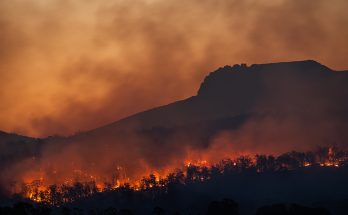An event titled, “Exploring the African Continental Free Trade Area and the Resilient Economic Recovery” and organised by the Overseas Development Institute (ODI) and Tulip Consulting, centred on exploring the resilient economic recovery in the African Continental Free Trade Area (AfCFTA). The session outlined how the AfCFTA is expected to bring significant economic benefits to the continent, boost human development, and build intra-African value networks. It was emphasised that the AfCFTA must be a growth lever in an era of increasing environmental degradation and climate change. The discussion focused on the strategic implementation of AfCFTA protocols and ongoing discussions related to the creation of a green economy.
This event took place as part of IISD’s TRADE + SUSTAINABILITY HUB. The event took place from 1-3 December 2021, and convened over 50 partners, 150 speakers, and 1800 registered participants from civil society, government, business, and international organizations to discuss how to ensure trade policies contribute to sustainable development. The Hub was scheduled to coincide with the World Trade Organization’s (WTO) Twelfth Ministerial Conference and took place virtually despite the last-minute postponement of MC12.
David Luke, Professor at the London School of Economics, emphasised the need for increased investments that reduce carbon emissions and build resilience to drive productive capacity, create jobs and foster inclusive economic growth. In addition, he highlighted the role of the African green stimulus program, which seeks to harness the opportunities for a green recovery through a more coordinated approach and the scaling up of resource mobilisation, capacity building, and technology development across the continent. Complementary to this is the 2020-2026 African Union Green Recovery Action Plan (GRAP), which aims to tackle the combined challenges of the Covid-19 recovery and climate change, focusing on priority areas such as climate finance, renewable energy, resilient agriculture, and green cities.
Click here for the full article


